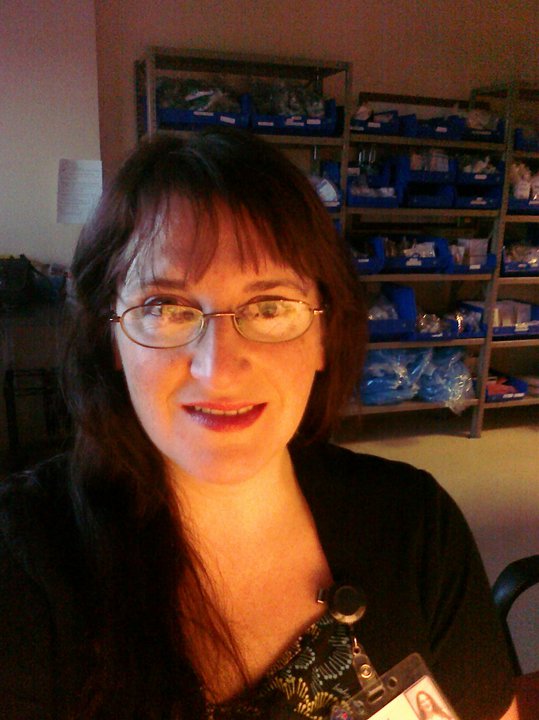Quitting, as a word, has a real negative connotation to it. In the context of writing, I prefer to think of it as re-prioritizing my resources. Knowing when I’m not using my valuable writing time to the best advantage is a valuable skill to have. Like the song says, know when to walk away and know when to run.
There are any number of writing goals where the decision to quit or keep going might come into play, but I would like to focus on when to walk away from a story. The moment when you make that decision is an individual one, and will vary from writer to writer. My only goal is to provide the method that works for me, and that is a goal I will not quit.
To give my approach, I need to provide a little context on my professional life outside writing. For many years I have provided high-level technical support to customers on various pieces of network infrastructure equipment. Some of this is done through email, but a lot of the interaction is over the phone. Over time, a support engineer develops a relationship with the phone itself and its ability to provide the engineer with his or her task, which is the customer at the other end.
When that phone rings, you feel something. Excitement perhaps, or anticipation. Where the alarm bells start to go off for me is when that ring would produce negative emotions like irritation or even anger. Now I don’t like this customer and I haven’t even spoken to him or her yet. That’s a problem, and a sign that I needed a break or a change of pace.
For me, writing is the same. When I sit down at the keyboard I should want to be there. I don’t have to completely like all of my characters all the time, but I have to be excited to write about them. If I’m not – if I’m dragging myself to the keyboard with a grumble as I dread another session with this story, that’s when I think about walking away.
The nice thing about writing stories though is it’s a job you can quit and come back to as many times as you want. I have ‘quit’ many stories for a time, only to come back at them fresh some weeks or months later. Many of them I ended up enjoying and finishing, and if I didn’t I at least learned something by thinking about why that story didn’t grab me in the end.
So, quitting is not bad thing and it doesn’t have to be forever. The skill of knowing when to quit is just another tool in your writer’s toolbox.





